SYSTEMATIC REVIEW
Published on 16 Jan 2025
Human rights violations are associated with forcibly displaced population’s mental health—a systematic review and meta-analysis
doi 10.3389/fpubh.2024.1454331
- 656 views
6,261
Total downloads
24k
Total views and downloads
SYSTEMATIC REVIEW
Published on 16 Jan 2025
ORIGINAL RESEARCH
Published on 03 Oct 2024
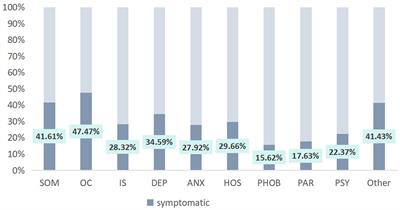
PERSPECTIVE
Published on 23 Sep 2024
CONCEPTUAL ANALYSIS
Published on 02 Aug 2024
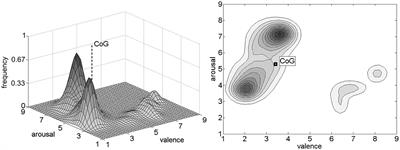
ORIGINAL RESEARCH
Published on 30 Jul 2024
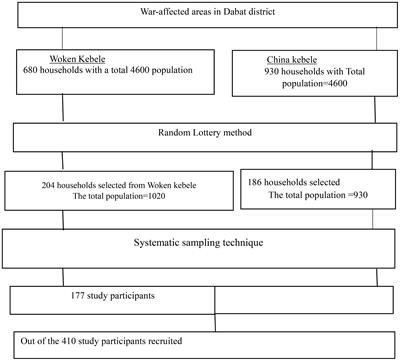
ORIGINAL RESEARCH
Published on 01 Jul 2024
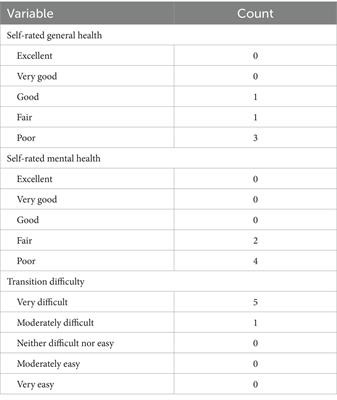
ORIGINAL RESEARCH
Published on 04 Jun 2024

REVIEW
Published on 12 Apr 2024
ORIGINAL RESEARCH
Published on 08 Jan 2024
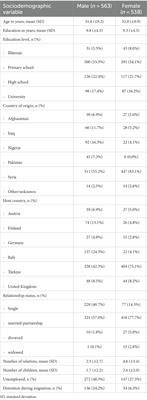
SYSTEMATIC REVIEW
Published on 09 Oct 2023
